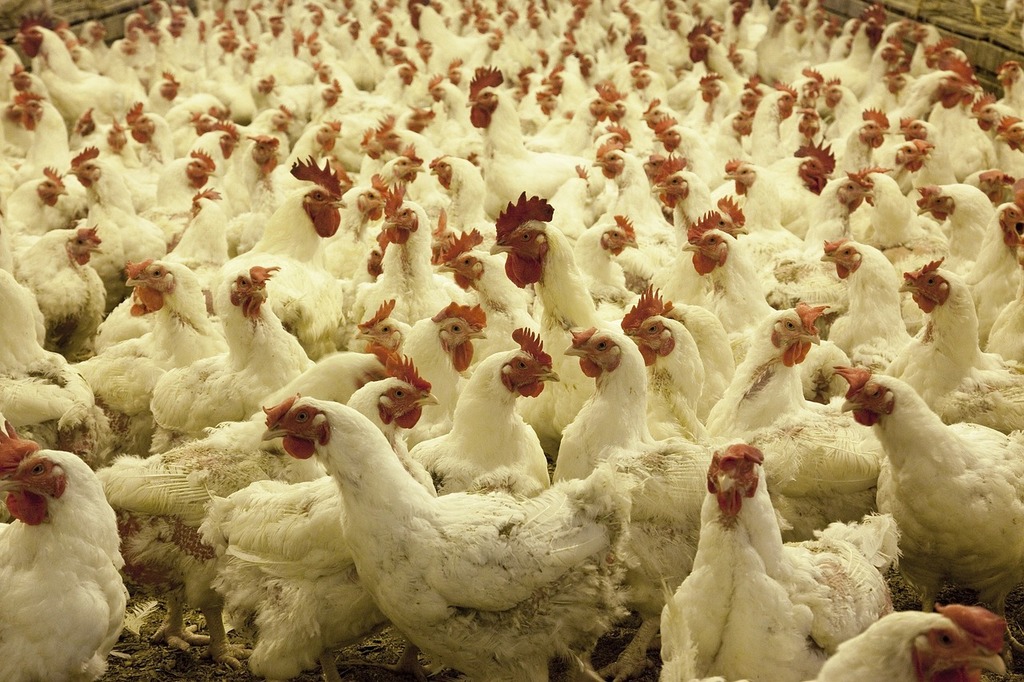The Poultry Association of Nigeria (PAN) has called on the government to take immediate action to address the country's egg production crisis. The crisis has led to a significant shortage of eggs in the market, causing prices to skyrocket and affecting the livelihoods of many Nigerians.
According to the PAN, the egg production crisis is attributed to several factors, including the high cost of feed, lack of access to credit facilities, and inadequate infrastructure. The association estimates that the country's egg production has decreased by over 50% in the past year, resulting in a shortage of over 100 million eggs per week.
The PAN has urged the government to provide support to the poultry industry by addressing the challenges faced by farmers. This includes providing subsidies for feed and other inputs, as well as implementing policies to improve access to credit facilities. The association has also called for the establishment of a national egg reserve to stabilize the market and ensure a steady supply of eggs to consumers.
The egg production crisis has far-reaching implications for the Nigerian economy. The poultry industry is a significant contributor to the country's GDP, and the shortage of eggs is affecting the production of other food products, such as bread and pastries. The crisis is also having a negative impact on the livelihoods of many Nigerians, particularly small-scale farmers and traders who rely on the poultry industry for their income.
To address the egg production crisis, the government must take immediate action to support the poultry industry. This includes providing subsidies for feed and other inputs, as well as implementing policies to improve access to credit facilities. The government must also establish a national egg reserve to stabilize the market and ensure a steady supply of eggs to consumers.
In addition, the government should consider implementing policies to promote the development of the poultry industry, such as providing incentives for farmers to increase production and investing in infrastructure to improve the efficiency of egg production and distribution.
Additional Details:
- Nigeria is one of the largest producers of eggs in Africa, with an estimated annual production of over 1.5 billion eggs.
- The country's egg production is mainly concentrated in the northern regions, particularly in states such as Kano, Kaduna, and Bauchi.
- The high cost of feed is a major challenge facing poultry farmers in Nigeria, with the cost of feed accounting for over 60% of the total cost of production.
- The lack of access to credit facilities is another major challenge facing poultry farmers in Nigeria, with many farmers struggling to access loans and other forms of financing.
- The establishment of a national egg reserve would help to stabilize the market and ensure a steady supply of eggs to consumers, particularly during times of shortage.
- The government should also consider implementing policies to promote the development of the poultry industry, such as providing incentives for farmers to increase production and investing in infrastructure to improve the efficiency of egg production and distribution.ZSzA





No comments:
Post a Comment
What's do you think about this News Story? Share your thoughts here, let's learn together...